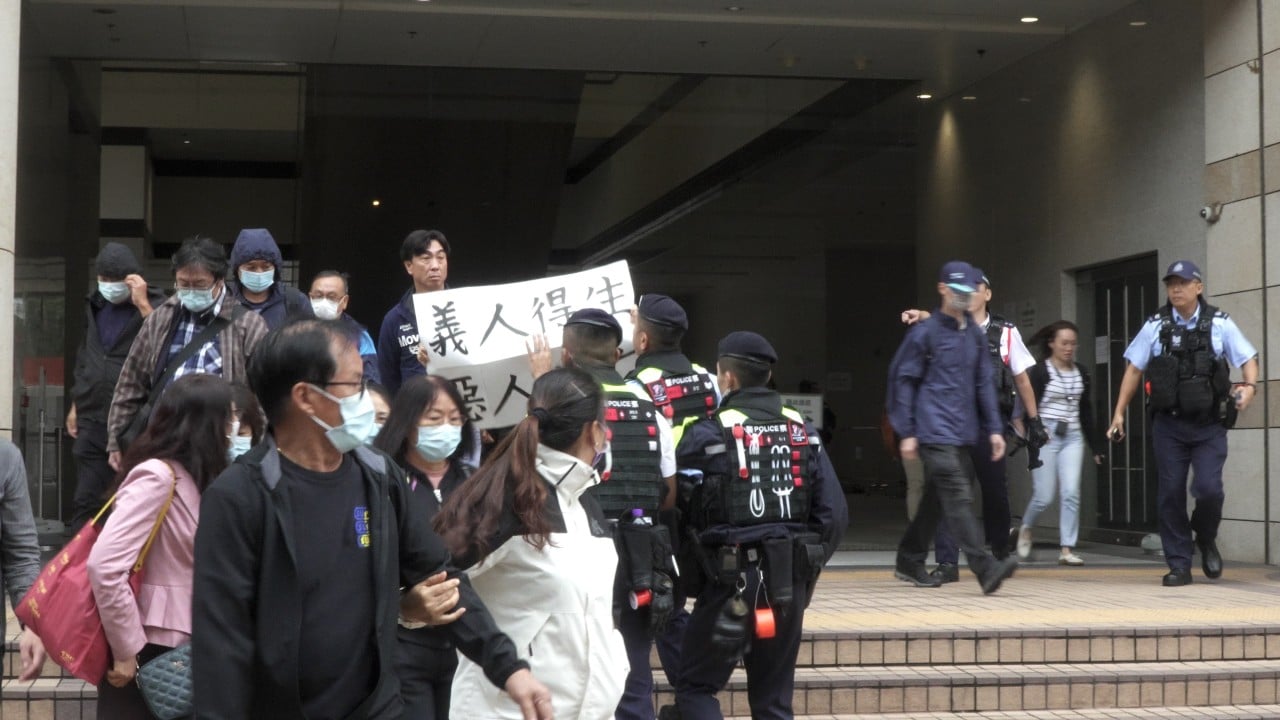On November 19, two major events unfolded simultaneously in Hong Kong which highlighted the paradox of this once-great but now-confused city as it tries to navigate between socialism and capitalism in an era of great uncertainty.
On Hong Kong Island, the Monetary Authority hosted about 300 global and regional financial leaders, including top executives from Goldman Sachs, Morgan Stanley and JP Morgan. Some of China’s top financial officials, including Vice-Premier He Lifeng, flew in for the event, where they promised full support for the city at a time when its future as a global financial hub is under scrutiny.
However, the effort to use this three-day marquee event to burnish the city’s image was overshadowed by another major event taking place across Victoria Harbour. International journalists and foreign diplomats flocked to the West Kowloon Magistrates’ Courts, where 45 former lawmakers and activists were sentenced to from four to 10 years in prison in Hong Kong’s biggest national security trial following the imposition of the national security law after the large-scale protests in 2019.
It remains unclear whether the timing of these two major events was coincidental or deliberate. However, subsequent international media reports have shown that the convictions dominated the headlines, not only eclipsing the forum but also making some of the international financiers attending uncomfortable. They were concerned about responding to possible criticism at home for being in Hong Kong to praise the city’s and China’s growth prospects while international media reports on the convictions portrayed the city in a very negative light.
Following the imposition of the national security law in June 2020 and the return of political stability, Hong Kong officials have taken every opportunity to trumpet the city’s comeback. However, international perceptions of Hong Kong have worsened. As one seasoned international analyst recently told me, any news about the city is likely to be about someone on trial or being convicted for their role in the violent 2019 protests.
Meanwhile, Hong Kong officials and elites have failed in their efforts to counter these misconceptions about the city. In fact, some have inadvertently contributed to the perception that Hong Kong is fast becoming “one country, one system” as they are eager to adopt mainland-style language and tone in their public statements, as well as adopting some mainland-style bureaucratic practices.

